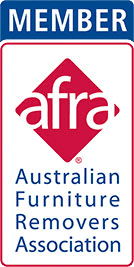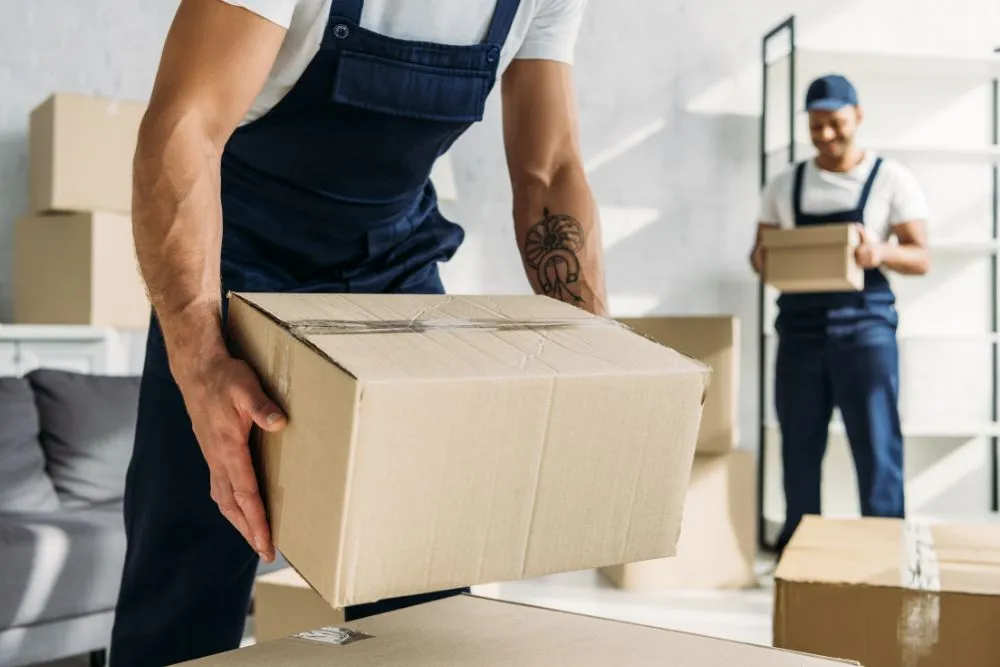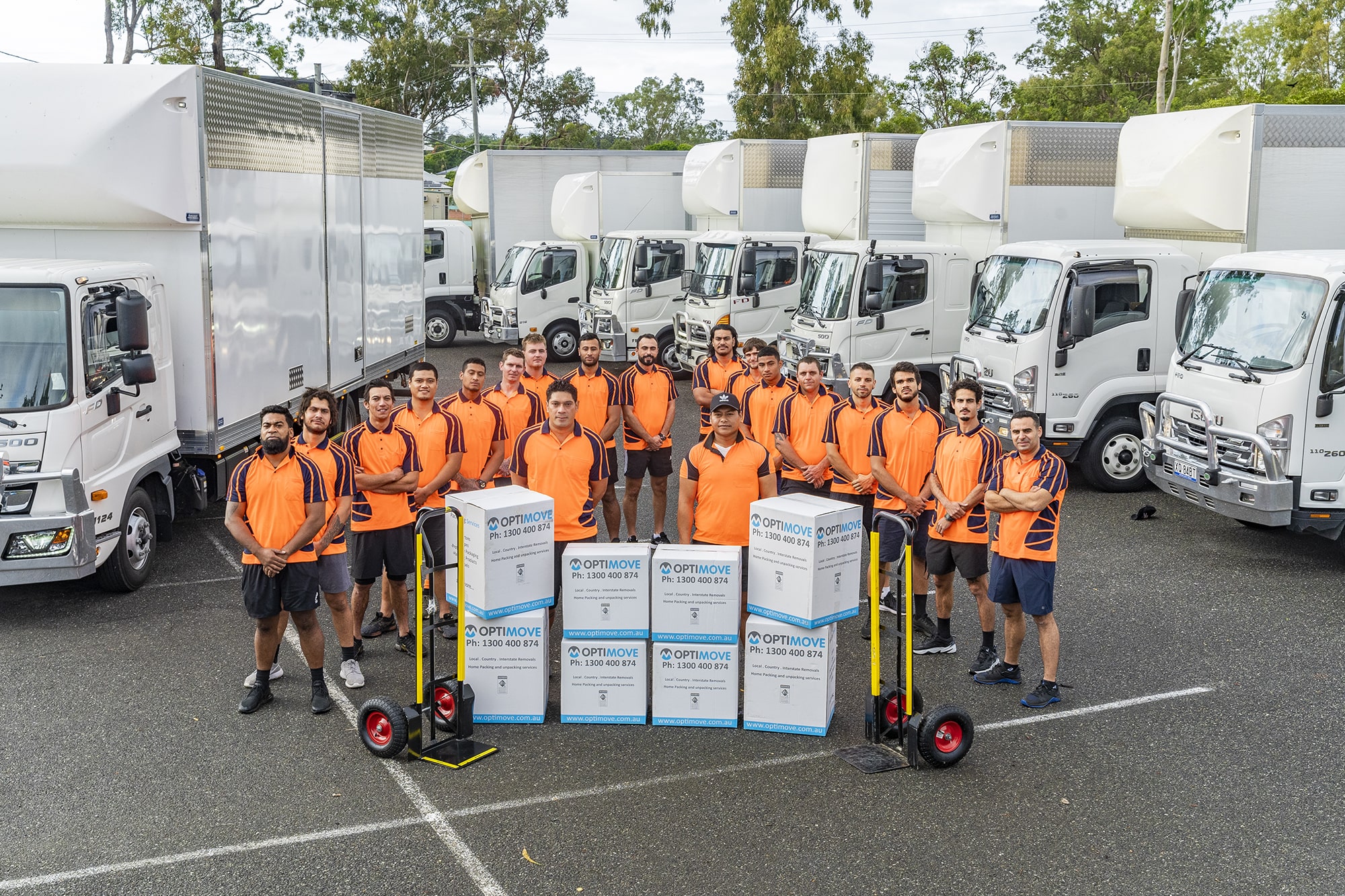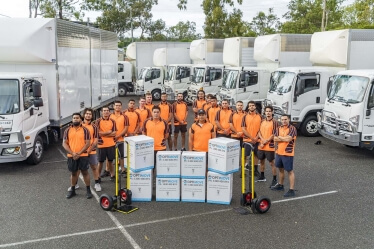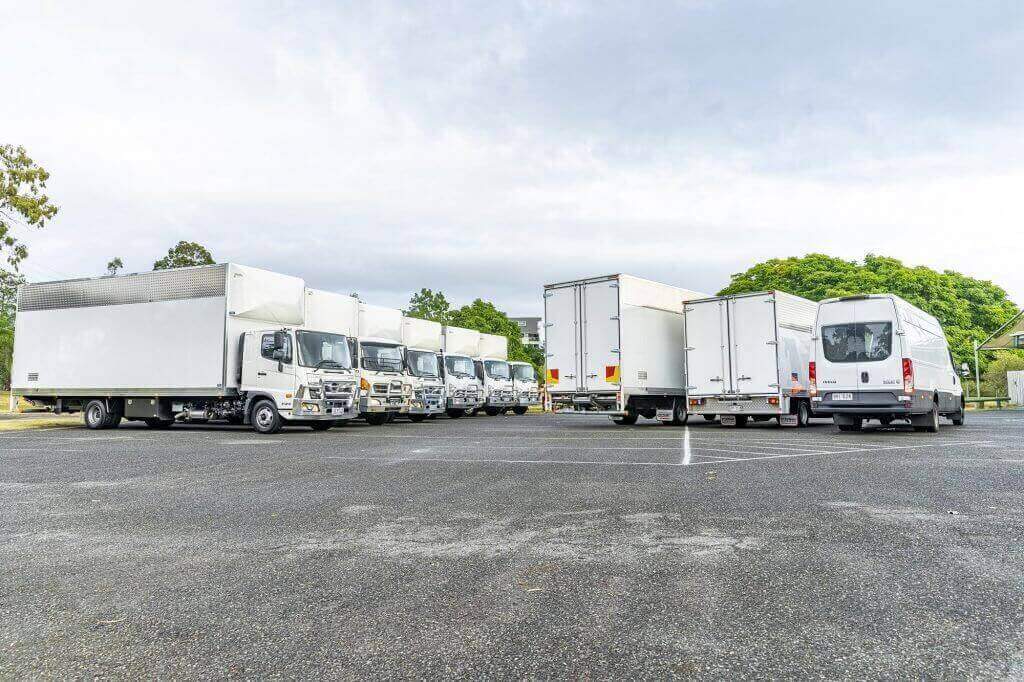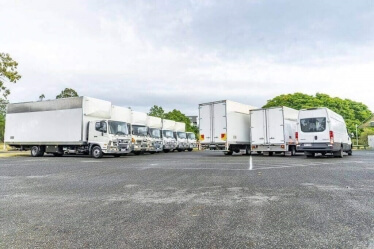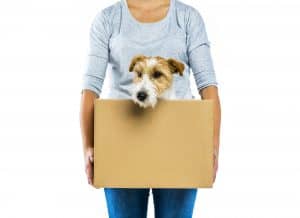What Not to Move Long Distance
When planning a long-distance move, it’s essential to carefully consider which items to bring along and which ones to leave behind. Moving long distances can be costly and time-consuming, so it’s essential to streamline your belongings and only transport what is necessary and valuable. This blog post will discuss the items you should consider leaving behind when embarking on long-distance moves.
Large and Bulky Furniture
Moving bulky furniture across long distances can be logistically challenging and expensive. Items such as oversized sofas, heavy dining tables, or large armoires may not be worth the effort and cost of transportation. Consider selling, donating, or storing these items instead of moving long distance. You can often find suitable replacements in your new location.
Outdated Electronics and Appliances
Technology advances rapidly, and carrying outdated electronics and appliances long distances may not be practical. Consider leaving behind old televisions, DVD players, outdated kitchen appliances, or other readily available and affordable devices in your new area. Replacing these items with newer models is often more cost-effective once you settle into your new home. This will mean a few items to load onto the moving truck and the moving company.
Perishable Food and Opened Containers
Perishable food items have a limited shelf life. Transporting perishable goods long distances can be risky and may lead to spoilage or damage. Avoid moving items like frozen food, opened condiments, or pantry items with expired dates. It’s best to consume or donate these items before your move, or donate good items to a local food bank instead of moving them long distance.
Hazardous Materials
For safety reasons, certain items are prohibited from being transported during a long-distance move. These include flammable substances, corrosive chemicals, and explosive materials. Examples of items to leave behind are propane tanks, gasoline, bleach, paint, pesticides, and fireworks. Properly dispose of these hazardous materials in accordance with local guidelines.
Plants
Moving plants long distances can be challenging due to the potential damage they may incur during transportation. Plant transportation regulations can also vary from state to state. Check local regulations and consider leaving plants behind or gifting them to friends, family, or neighbours.
Clothing and Household Items You No Longer Use
Moving presents an excellent opportunity to declutter and minimise your belongings. Take the time to sort through your clothes, shoes, and household items. Donate or sell items that no longer serve you, are out of style, or do not fit. This will reduce the cost of your move and make settling into your new home more organised and enjoyable.
Sentimental Items You Can Preserve Digitally
While sentimental items hold great value, it’s worth considering digitising certain objects instead of physically moving them. Photographs, letters, and sentimental documents can be scanned or photographed, allowing you to preserve the memories without transporting fragile or bulky items.
Cheap and Easily Replaceable Furniture or Decor
Items that are inexpensive or easily replaceable should be carefully evaluated before the move. Consider the cost of transporting old furniture versus purchasing new items at your destination. It may be more cost-effective to sell or donate these items and purchase replacements in your new location.
Old Mattresses and Bedding
Mattresses can be heavy and bulky to transport. If your mattress is old, worn out, or nearing its lifespan, replacing it at your new location may be more practical. Similarly, consider leaving behind old bedding and linens that can easily be replaced with fresh options.
Unread Books and Magazines
Books can be heavy and occupy a significant amount of space in moving boxes. Consider sorting through your book collection and donating or selling books you no longer read, or that are readily available in digital formats. The same goes for magazines or other printed materials that you no longer need. You can save money on packing supplies and the cost of long-distance moving by discarding these items.
Expired Medications and Toiletries
Check the expiration dates on medications, skincare products, and toiletries. Transporting expired or partially used items long distances is not advisable, as they may degrade or be unsafe. Properly dispose of expired medications and consider using or donating partially used toiletries before moving. Be sure also to remove other potentially hazardous chemicals or cleaning agents before you leave.
Bulky Exercise Equipment
Gym equipment, such as treadmills, weight benches, or elliptical machines, can be difficult and costly to move. Assess the frequency of use and practicality of these items. Consider selling or donating if they are rarely used or suitable alternatives are available near your new location.
Excessive Glassware and Dishware
Glassware and delicate dishware can be prone to breakage during transportation. Evaluate your collection and consider donating or selling any excess items, especially those that are rarely used. Focus on keeping only the essentials or sentimental pieces that cannot be easily replaced.
Specialty Tools and Equipment
Specialised tools or equipment specific to particular hobbies or professions may not be necessary for your new location. Consider selling or donating items that are unlikely to be used or can be easily replaced if needed. Heavy items can significantly increase your moving costs with professional movers and moving trucks.
Outgrown or Unused Children’s Items
If you have children, assess their toys, clothing, and other items. Donate or sell toys that have been outgrown or are no longer of interest. Consider your new location’s space limitations and lifestyle changes when deciding which children’s items to bring.
These are some of the items that may be difficult or cost-prohibitive to move during a long-distance trip. Taking the time to evaluate your belongings carefully will help ensure a smoother, more cost-effective move. Additionally, you can reduce stress and minimise clutter by letting go of unnecessary items, so there are fewer things to load onto the moving truck during long-distance moves.
Conclusion
Moving long distances can be a stressful and expensive process, so it’s crucial to plan. It’s best to carefully evaluate your belongings and decide which items to keep and which to discard. Consider hiring a professional moving company, such as Optimove, to simplify the relocation process. Their experienced teams of movers will help you safely transport all your necessary possessions while taking extra care of fragile and valuable items. Professional moving companies, such as Optimove, will ensure your move is as efficient, cost-effective, and stress-free as possible.
With the proper preparation and professional help from moving companies, you can look forward to a successful long-distance move. Please ensure you bring medical records, financial records, and any other important documents, such as family birth certificates. These are the things you should keep close to you during the moving process.

